“Employ your time in improving yourself by other men’s writings so that you shall come easily by what others have labored hard for.”
October is National Book Month. And, while a major aspect of PEP’s curriculum is providing students with edifying literature to read and analyze—from Plato’s Republic to George Orwell’s 1984—we must be able to clearly articulate the reasons behind our focus on reading. After all, as technology becomes increasingly pervasive, both children and adults are turning to screens rather than pages for entertainment. According to a 2018 article by the American Psychological Association, “less than 20 percent of U.S. teens report reading a book, magazine or newspaper daily for pleasure”. And, as that article was published four years ago, we can only assume that now, as technology has continued to advance, that percentage is even lower. Barely any teens want to read anymore, preferring to spend their time on one of the many social media apps jostling for their attention. And, if they’re going to pick up a book, it will likely be a more recent publication—something that probably has very little substance, but a lot of mature content. So why does PEP focus so much on complex literature when it seems like society has all but abandoned it?
The popular children’s author Roald Dahl once said that “if you are going to get anywhere in life, you have to read a lot of books”. All educators should embrace this mantra in their teaching methods. Countless psychologists and academics have emphasized the benefits of reading, especially at an early age. In one study from the National Institute of Health, researchers even found that “reading strengthens your brain” (Healthline), while other studies have found that reading increases a child’s vocabulary and “reduces stress” (Healthline). Armed with greater thinking skills, children who read good books can become successful, eloquent adults. Furthermore, as well as providing cognitive benefits, rich, edifying literature will widen students’ worldviews and encourage morality. But if children and teenagers only read what is poorly written, they will not receive these benefits. PEP’s mission is to provide students with an excellent education, one that will prepare them to face a world that has strayed farther and farther from the truth. And one of the most powerful ways to accomplish this is through reading. By providing them with well-written, layered books, PEP gives its students an opportunity for development that many other educational institutions do not. Plus, by including such great Christian works as St. Augustine’s Confessions, PEP teaches its students to better defend their faith and articulate their beliefs. In honor of National Book Month, we want to emphasize our commitment to teaching quality literature. PEP embraces the works of literature that have been the cornerstones of a classical education, providing students with an education far superior to the norm. As National Book Month has come to a close, let us remember to read books that will benefit our minds, turning to the best writers of the past for enrichment.
So, for the PEP student who may be wondering what the worth of reading such old books is, we have one piece of advice. If this article hasn’t already convinced you, keep turning those pages, and know that you will one day reap the many benefits good books offer.
Sources:
https://www.apa.org/news/press/releases/2018/08/teenagers-read-book
https://www.healthline.com/health/benefits-of-reading-books#prevents-cognitive-decline


